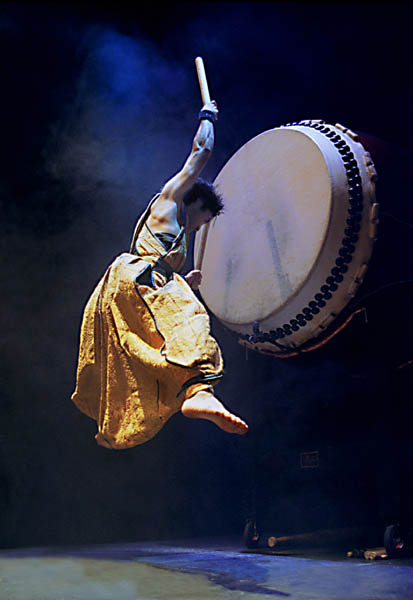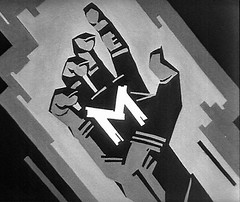31 Mar 2008
not really getting friendfeed either
30 Mar 2008
why so ?
29 Mar 2008
saturday morning
24 Mar 2008
history, baby
19 Mar 2008
planner meeting
12 Mar 2008
design is about making things better
- ideas need to be pushed and pulled, that's what makes them eventually work
- companies are like jelly: they like the concept of "innovation", because it's a buzz word, they spend endless hours in meeting and workshops discussing how to innovate, and yet, they sometimes completely fail to change, because they prove so reluctant to change after all (this sounded awfully familiar)
- innovation is rarely about a "big idea", but about a series of small ideas brought together in a new and original way
- crucible event (that's why observing people in their homes makes a lot of sense - design is about making things better, and most times those things it needs to fix or take into consideration are purely intuitive, therefore people will not be able to rationalize them within focus groups) -> knowledge (if we ask a 5 year old to design us the car of the future, his imagination has no limits, and he's very likely to come up with something with lots of wheels and engines and stuff, because he doesn't have the knowledge to know it won't work) -> idea -> belief -> embodiment
- a brief is a collection of client prejudices
- design is about making things better in a relevant and functional way, which is why designers are interested in everything, and scoping society, science and economy is vital to gain little insights, as well as big pictures
- look rather than see
- anthropology comes before technology, because people and more important than things
- the product is where the brand keeps its promises (a brand manifests itself through much more than just communication and packaging)
- it's essential to learn how to deal with how others manipulate your brand (coke versus mentos example, dove camapign for real beauty example)
- if we solve all these small problems we've identified, we're gonna have a very successful product, even though it means harder work
- "problems cannot be solved by thinking within the framework in which the problems were created" (einstein)
- you see things and you ask "why?"; but a designer dreams of things that never were and asks "why not?"
appetite for exploration

11 Mar 2008
the beauty of music
10 Mar 2008
common sense reminder about creativity
9 Mar 2008
anything could happen
7 Mar 2008
as seen by dorina lazar

Another thing that impressed me were the recollections from the beginning of her career, when she used to go together with her theater group on tour a lot, in order to play on the stages of village cultural chambers. So they were supposed to act in famous plays in front of peasants who were eating seeds and commenting all the time. Which she thought to be a very good experience. Because keeping such an audience engaged meant developing very powerful performances, and improving her communication skills a lot. She did not take it as an ordeal (although it sometimes was), but as a challenge, because those people were not stupid, but simply uneducated.
Oh, and she has this theory that each audience receives the show it deserves, because the artists on stage unconsciously react to the vibes they receive from the audience. Which means that people in the audience are always an important part of the show, even if the show is not necessarily interactive. This only comes as a further argument to support my earlier point about live performances and their audience, and what brands should learn from it.
6 Mar 2008
participating in the new york of the 70s

attending music workshops
 The workshop in the picture is entitled "how to listen to music" and is held by Tiberiu Soare, a brilliant conductor at the National Opera Orchestra. The workshop hasn't finished yet, but i am so in love with it, that i simply felt the need to write about it anyway.
The workshop in the picture is entitled "how to listen to music" and is held by Tiberiu Soare, a brilliant conductor at the National Opera Orchestra. The workshop hasn't finished yet, but i am so in love with it, that i simply felt the need to write about it anyway.yamato again


